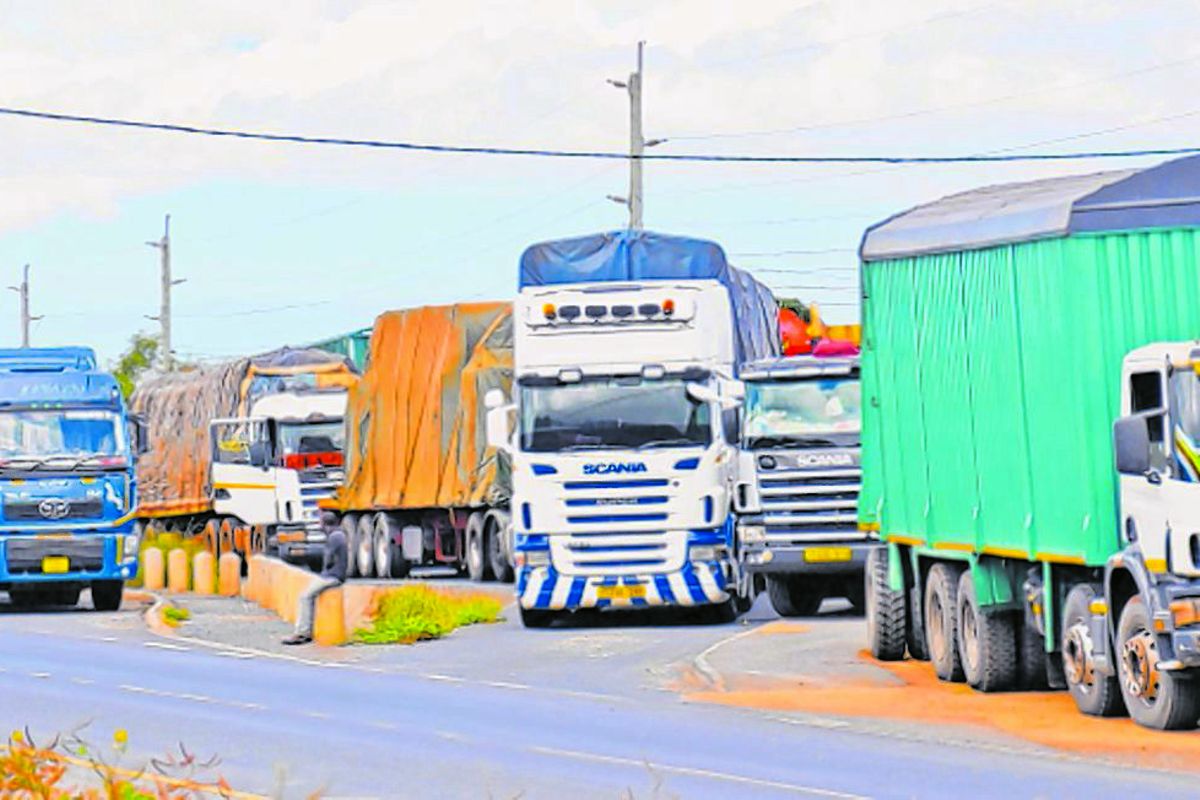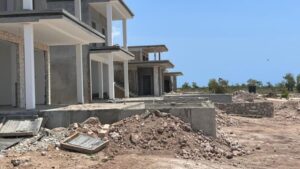Dar es Salaam. The government has explained why it is yet to ratify a regional trade agreement that came into force yesterday, saying it’s completing domestic legal procedures.
The Comesa-EAC-Sadc Tripartite Free Trade Area (TFTA) agreement commenced on July 25, 2024, with 14 out of the 29 member states endorsing it.
On Wednesday, the East African Community (EAC) announced that the agreement would come into force following the attainment of the required 14-member threshold.
Tanzania is among the countries that have not yet deposited their instruments of ratification, with the government saying efforts are being made to complete the government process to ratify the convention as early as possible.
Deputy minister for Industry and Trade, Mr Exaud Kigahe, told The Citizen that the agreements are pillars that provide benefits to Tanzania by expanding the markets for goods and services, developing industries, and collaborating on the construction of infrastructure to facilitate business.
“Due to the importance of the agreement, our country continues to complete the domestic procedures to ratify the agreement according to the requirements of our constitution, and this issue involves both sides of the union,” said Mr Kigahe.
According to him, while the internal process is ongoing, the ministry, in collaboration with stakeholders, continues to educate traders so they can take advantage of the opportunities in the profitable markets that promote trade.
However, Mr Kigahe admitted that more awareness is still needed as the number of Tanzanians participating in the regional markets is still low compared to other countries such as Kenya.
“We continue to urge traders to meet with our institutions that deal with quality issues and permits so they can be informed about the conditions to consider before starting to sell in these markets, as they have specific requirements and high competition,” he said.
Mr Kigahe noted that data about Tanzania’s participation in regional markets, such as the EAC, show that export sales to those countries have continued to rise, from Sh1.12 trillion in 2016 to Sh3.02 trillion last year.
Likewise, exports to SADC increased to Sh4.4 trillion last year from Sh2.6 trillion recorded in 2016. For the European Union (EU), export earnings also went up from Sh0.6 trillion in 2016 to Sh3.84 trillion last year.
However, analysts believe that much more needs to be done to reach small and medium entrepreneurs and help them seize opportunities in economic integration markets.
Prof Haruni Mapesa of Mzumbe University cited an example of the African Growth and Opportunity Act (AGOA) market that has not been fully utilised by traders in the country because of a lack of knowledge on how to access them.
He said the Tanzania Revenue Authority (TRA), Ministry of Industry and Trade, and other institutes related to trade must have a communication unit that relays information about the markets by making them aware of taxes or charges that are waived.
“Some of the small businesses might be aware of the markets but lack knowledge on how to reach them or how beneficial they are due to a lack of information,” he said.
A senior lecturer at the Dar es Salaam University College of Education (DUCE), Dr Abel Kinyondo, said the biggest challenge was capital inaccessibility.
“Small entrepreneurs face hurdles in accessing capital to produce quality products with quality packaging to compete in the markets,” he said.
He said the government needed to create a conducive environment to enable businesses to access loans to improve their products.















